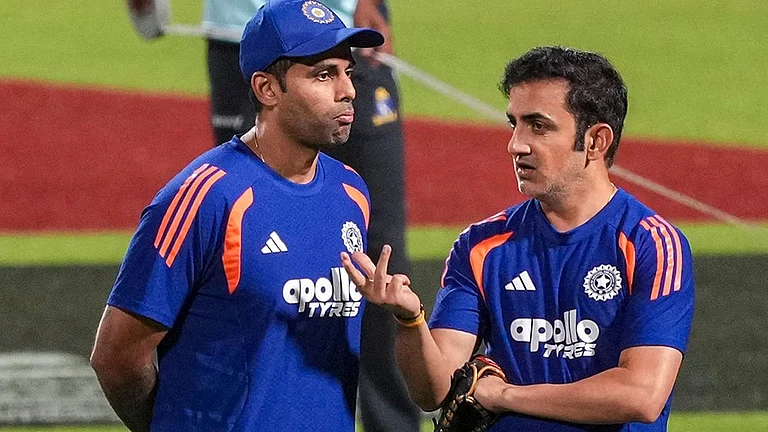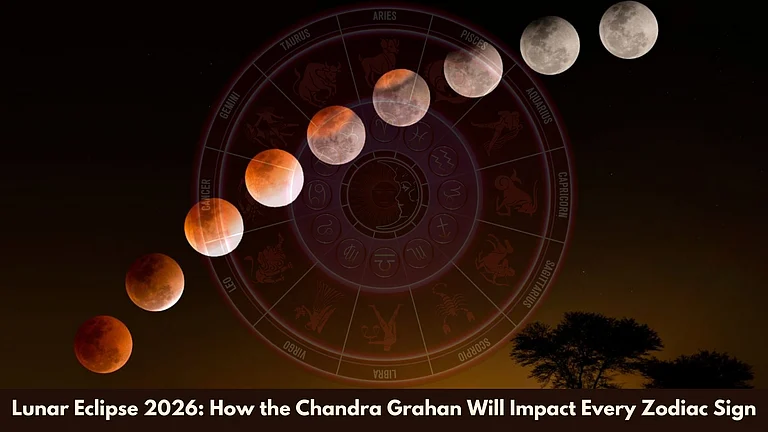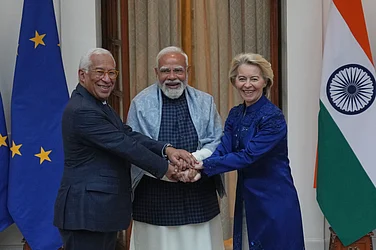Ethnic- Armenian Forces in Nagorno- Karabakh have been disbanded and disarmed under the agreement after the declaration of a ceasefire, that followed twenty hours after Azerbaijan launched a military offensive-“anti-terror activities” to restore constitutional order and drive out Armenian troops. The US also called on Azerbaijan to cease the military action on Tuesday.
US Secretary of State Antony Blinken held meetings with both Azerbaijani President Ilham Aliyev and Armenia's Prime Minister Nikol Pashinyan, imploring Baku to downscale and de-escalate the situation. Moscow called on both sides on Wednesday to stop the bloodshed and hostilities and return to the 2020 ceasefire agreement.
The Disputed Territory
While the Nagorno- Karabakh territory- that lies in the South Caucasus region of Eastern Europe and Asia between the Black Sea and The Caspian Sea- is internationally recognised as part of Azerbaijan but large areas of it have been controlled by ethnic Armenians for the last three decades, and is the centre of one of the world’s longest-running conflicts.
Azerbaijan and Armenia fought their first bloody war over Nagorno-Karabakh in the late 1980s and early 1990s, and it has only served as a trigger for further violence in the years since.
Nagorno-Karabakh's regional parliament voted to become part of Armenia when the Soviet Union began to collapse in the late 1980s.
While Azerbaijan sought to suppress the separatist movement, Armenia backed it. This further led to ethnic clashes and eventually a full fledged war after Armenia and Azerbaijan declared independence from Moscow.
Over the years of ethnic cleansing led to the death of tens of thousands of people and displaced more than million- caused by the massacres initiated by both sides.
The first Nagorno-Karabakh war ended with the Russian peacekeepers deployment in the area in 1994, after Armenia had gained control of Nagorno-Karabakh and adjoining areas. As per the deal, Nagorno-Karabakh continued as a part of Azerbaijan, but it has, since then, been mostly governed by a separatist, self-declared republic, run by ethnic Armenians and backed by the Armenian government.
The clashes escalated rather swiftly in 2020- that resulted in the death of thousands of people in the six week duration of the fight. Although the urgent deployment of Russian peacekeepers brought the fighting to a halt at the time, tensions had been brewing up for months.
Everything That Led To The Latest Outbreak
Azerbaijan accused Armenia of using the Lachin Corridor- the only road that connects the Republic of Armenia to the 120,000 ethnic Armenians in Nagorno-Karabakh, to bring in military supplies. Owing the route to be a key artery of supplies, residents in Nagorno-Karabakh also reported severe shortages of basic food items and medication lately. Azerbaijan’s strategic counter-offensive was to block the vital route into the enclave in December 2022. A build of Azerbaijani troops during the blockade was then reported, although the claim was later denied in Baku.
However, a ray of hope resurface when the blockade allowed International Committee of the Red Cross operated aid trucks in mid-September through the Lachin Corridor and the Aghdam Road from Azerbaijan. The opening up of these transport links was however accredited to the Russian Peacekeepers deployed in the area. Moscow’s attention and military resources was, however, diverted to aid its invasion in Ukraine.The Armenian prime minister said recently that Russia was "spontaneously leaving the region”. In 2020, yet again Azerbaijan won back territory and this time around both sides agreed on a peace deal mediated by Russia in November. Azerbaijan had recaptured all the territories surrounding Nagorno-Karabakh held by Armenia since 1994. The Armenian forces have since been confined to a smaller part of the region.
Involvement Of Russia And Turkey
Turkey was the first country to recognise Azerbaijan as an independent state in 1991 and has since remained its staunch supporter. Moreover, Turkish-manufactured Bayraktar drones are deemed to have played a role in the 2020 clashes.
While, on the other hand, Armenia maintains cordial relation with Russia. Russia even holds a military base in Armenia and both are members of the Collective Security Treaty Organization (CSTO) military alliance of six former Soviet states.
However, since the huge anti-government protests in 2018, led by Nicole Pashinyan, who eventually presided as Armenia’s Prime Minister, ties between Armenia and Russia have embittered. Pashinyan even admitted of committing a “strategic error”, commenting on Armenia’s sole reliance on Russia. Later when Armenia announced about its joint exercises with US forces, it was not accepted well by Moscow and was termed as "unfriendly steps”.
President Vladimir Putin who denied that Armenia had broken off its alliance with Russia, however, declared that Yerevan had "essentially recognised" Azerbaijan's sovereignty over Nagorno-Karabakh.
"If Armenia itself recognised that Karabakh is part of Azerbaijan, what should we do?" he said during an economic forum in Vladivostok.
What Ensues
Azerbaijani forces have reportedly advanced in the last 24 hours of fighting that broke out on September 19. However, both sides agreed to a ceasefire mediated by Russia, the agreement dictated Karabakh’s military forces to be completely disarmed and disbanded. The Integration of the enclave into Azerbaijan will soon be discussed and the outcome of these negotiations will prove pivotal for Nagorno- Karabakh’s 120,000 ethnic Armenians.
Paruyr Hovhannissyan, Armenian deputy foreign minister told the Reuters news agency that ethnic Armenians in the territory could live under Azerbaijani rule, but that dialogue was crucial.
Azerbaijan's President Ilham Aliyev in the past, admitted that Karabakh residents would "enjoy the same rights as other citizens of Azerbaijan". Aliyev also suggested that those Azerbaijanis displaced in the longstanding conflict should be able to exercise the option of returning.However, Armenians fear ethnic cleansing at the hand of Azerbaijanis.


























